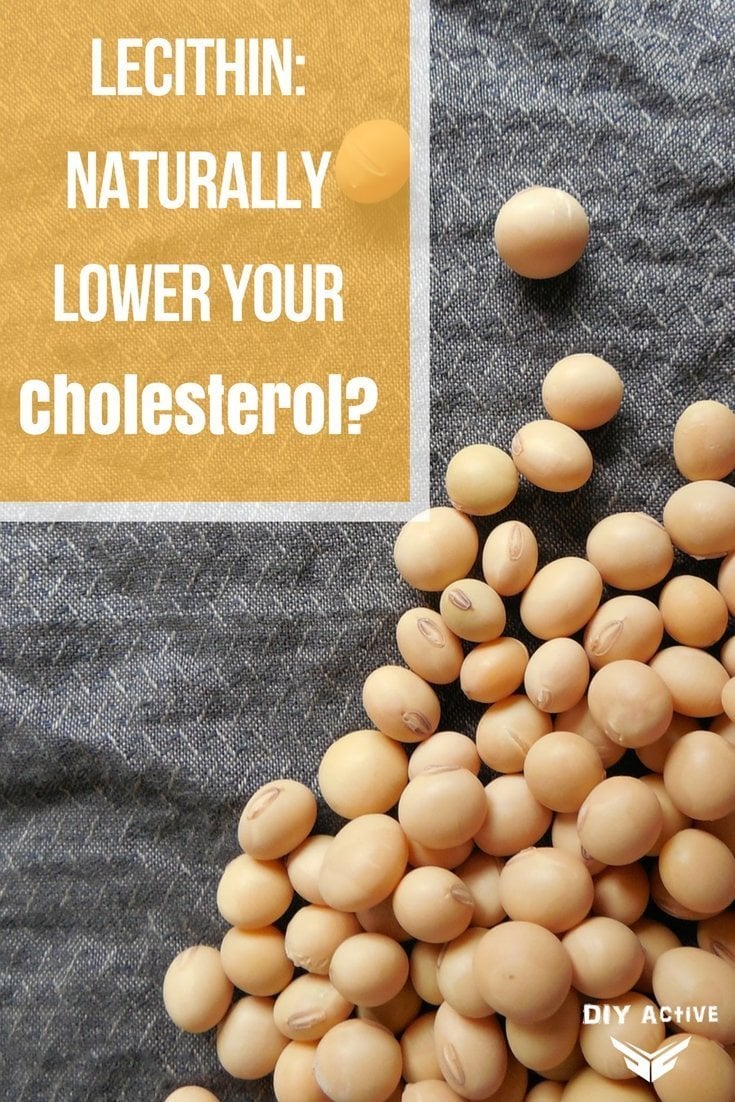Natural healing?
And then there’s lecithin. Wait… what exactly is it? I had actually never heard of it before a close relative said he was using it to help lower his cholesterol and that it was working remarkably well. After hearing his story, my natural curiosity took over and I had to know more. So we sent a query to a few nutritionists asking just exactly was this stuff was, what it did and if there were any side effects.
What’s Lecithin?
Thankfully I got into contact with Jacquie Eubanks the staff RN at Professional Supplement Center who really helped me see the light in terms of what exactly lecithin was and why it could be helpful.
Jacquie broke it down for us by explaining that it was, “an essential fatty substance that consists mostly of B-vitamins, choline, inositol, and linoleic acid.” This is the main component of “the protective sheaths surrounding our brains, nerve cells… and found in the muscles.”
Basically, lecithin seems to be centralized at our most important/sensitive locations.


Because it is such a big component of our protective sheathing around our brain and nerves and even in our muscles, Eubanks said, “It is therefore even more important for the aging population who may be facing diminished brain capacity.
Lecithin is also found in muscles and helps to prevent arteriosclerosis and protect against cardiovascular disease.” Sounds like a win-win!
Likewise, it can naturally emulsify fats, especially from the liver making it a great way to detoxify the liver! Not only that, when consumed it requires a high volume of bile to be digested.
This high volume of bile can then cause hardened gallstones to be dissolved; bye-bye gallstones!
Maybe the biggest benefit of lecithin is its fat emulsifying and mobilization capabilities which make it great for helping to break down cholesterol and fat (Auger et al 1947)!
As you would suspect this is a great way to keep cholesterol and fat from adhering to artery walls; preventing atherosclerosis. It also emulsifies cholesterol/fat, especially from the intestines (O’Doherty et al 1973), and disperses it into the water to be removed from your body. In fact, there has been researching that illustrates that it (when consumed daily) can lower your bad cholesterol while raising the good.
In simplest terms, it kind of sucks and moves some of the bad cholesterol out of you!
How can you supplement lecithin into your diet?
“Most lecithin is derived from soy, but recently egg lecithin has become popular. This is extracted from the egg yolk and shows promise for those living with chronic fatigue, and immune disorders associated with aging.
Studies have shown that for those types of disorders, egg lecithin works better than soy lecithin. Other sources include brewer’s yeast, grains, legumes, fish, and wheat germ.”
Including these foods in your daily diet can help give you a healthy dose of lecithin and all of its wonderful benefits!
Likewise, Eubanks said that it can be found in pill, granule, liquid, or powder form; making it incredibly easy to include in your diet. You can get many lecithin supplements from your local health/nutrition store or there are a number of varieties online!
Are there any side effects?
While there are no major side effects to list, as with all supplements if you are pregnant, nursing, or on the medication you should consult your physician before adding it to your diet.
Wrap-Up
Lecithin it seems could be a great way to naturally lower your cholesterol or detoxify your body. By being a natural fat emulsifier and mobilizer it could help lower your cholesterol naturally, just like it did for my relative.
Well, now I know what this stuff is… sorry I had to drag you along with me! 🙂
References
Augur V, Rollman HS, Deuel HJ (1947) The effect of crude lecithin on the coefficient of digestibility and the rate of absorption of fat. The Journal of nutrition 33: 177-186.
O’Doherty PJA, Kakis G, Kuksis A (1973) Role of luminal lecithin in intestinal fat absorption. Lipids 8: 249-255.
- Post-Workout Meal: Getting the Most from Your Workout - January 22, 2024
- 6 Ab Exercises To Blast Your Core - December 17, 2023
- 10 Office Exercises You Can Do To Burn Calories - November 19, 2023